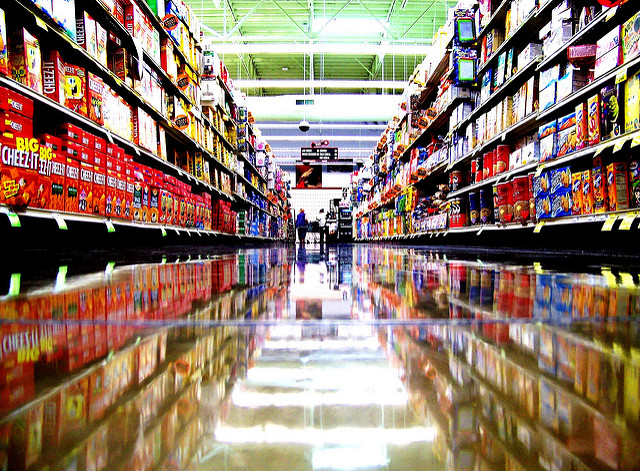
New Jersey legislators are weighing whether to loot low-income residents with a plastic bag fee, or go for a full ban to kill jobs and risk unintended environmental consequences.
Many lawmakers have decided they will implement new environmental policy on plastic bags – but they haven’t decided how to do it.
Democratic Assemblyman John McKeon has introduced legislation to ban plastic shopping bags in the state within three years. However, another Democratic state politician, Valerie Huttle, would prefer to impose a 5-cent fee per plastic bag to discourage use. The proceeds from the tax would go to a special fund for lead abatement. Nonetheless, New Jersey has a history of imposing fees dedicated to special uses, which then are just lumped into the regular budget.
While the purpose is to reduce plastic in oceans and other waterways, there are unintended environmental consequences of banning plastic bags. Once disposed, reusable bags take up to 9.3% more space than plastic bags in landfills.
Backed by a marketing blitz, reusable bags have been sold as environmentally friendly, even though the standard reusable cotton grocery bag must be reused 131 times “to ensure that they have lower global warming potential than” a plastic bag used only once.
Adding an extra tax on plastic bags could have a negative impact, especially on low-income households. Food prices are already expensive, and not everyone can afford an extra tax or the price of a reusable bag.
These policies will also damage the almost 30,000 American manufacturing and recycling jobs in the United States.
New Jersey politicians should stop rushing and start considering the impact these misguided policies would have on the everyday lives of their constituents.

